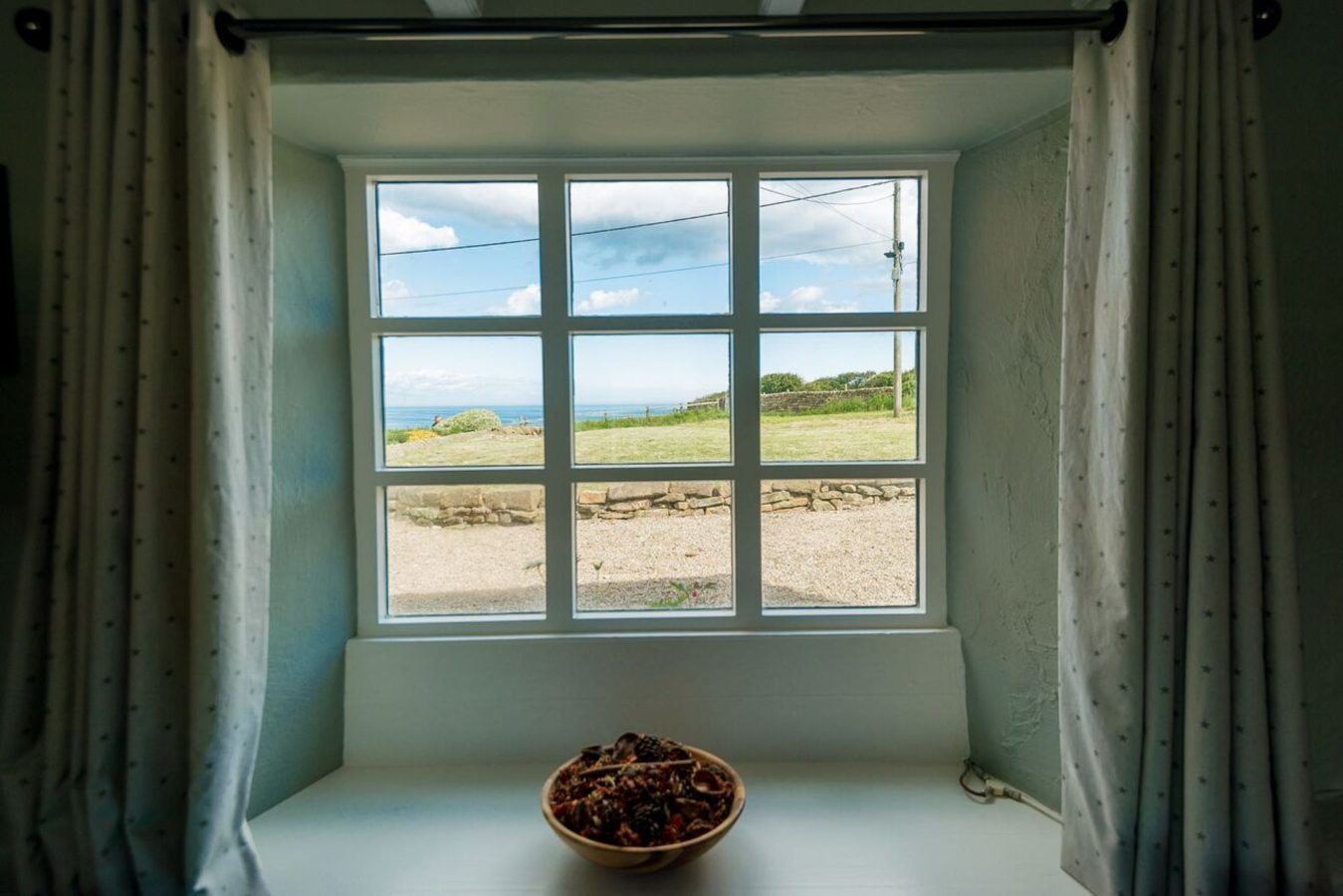British Holiday Lets and the Staycation Boom

This month, Tim Miles-Marsh talks staycation and what it means for the UK holiday let industry. He invites an experienced North Yorkshire holiday homeowner, Shirley Cornish, for comment.
The Great British Summer
The summer holiday season is upon us – but looks very different this year, with many of us taking a “staycation”, boosting the British tourism industry, and exploring our own country.
Here, we investigate the holiday let industry, and what to consider before investing in a pied-a-terre by the sea.
A trend created by Covid to enjoy?
Once the domain of business couples with surplus income, many holiday lets are now owned by a wider demographic. Tax benefits are now more favourable for holiday homes than for tenanted properties, and the pandemic has challenged people to look at new lifestyles or income sources.
The average price of a holiday home increase by 12% in six months, from £388K in October 2020 to £435K in March 2021. The most popular area by far is the southwest, with 39% of holiday home mortgage applications for properties in this area. The range of holiday-let mortgage products is also expanding in response, and is back to pre-Covid figures. Interestingly, while this has stabilised, the actual level of customer demand has increased beyond last year’s numbers.
How profitable is a holiday let compared to a Buy-To-Let?
There are other reasons behind this. A very rough rule of thumb is that you can charge the same for a week’s in-season holiday let as you would for a month’s long-term let.
According to Which, holiday lets earn on average over 10% yield, and 14% could be possible over the coming years. Compare £700 a week to £700 a month, for example.

Photo credit Airbnb news
Holiday Lettings Tax Benefits
There are encouraging tax benefits for those with furnished holiday lets. Compared with a buy to let (or “B2L”), a furnished holiday let has the advantage of being treated as a trading business in terms of allowable expenses. This includes deducting the entire cost of the mortgage interest. It can also qualify for Business Property Relief (BPR) for inheritance tax purposes. Our advice would be to seek advice from a suitably qualified accountant to investigate a host of tax benefits further.
“Shoreline Cottages” – Views from an experienced holiday home owner in Kettleness and an Ashbridge Partners client

Shirley Cornish is an experienced holiday-letter with a stunning property on the North Yorkshire coast. We asked her what she enjoys about being a holiday homeowner, and what our clients could take away from her experience:
“Firstly, there’s getting an income from an asset, plus the bonus of using it yourself as little or as often as you’d like. What I also love is not having to start searching out where to go, what the children will enjoy, and where to eat. We can then throw ourselves straight into our holiday and not waste time!
The housing market on the North Yorkshire coast has remained well behind the southern coast on price, so it’s value for money. I love the dramatic coast and the way the cliffs fall away into the sea. The area has a long tourist season compared with many other areas too”.
Investing with Your Head and Heart

Many second-home owners understandably buy in an area they’ve already enjoyed on holiday. Shirley is no exception.
“For me this has been a matter of the heart rather than a business decision. The best thing for me is taking my children back to the area I grew up in. It’s a beautiful place with moors and beaches, and memories of time spent with grandparents and family”
As in all important investment decisions, it’s important to be well prepared with all the facts and make a well-informed decision. One common pitfall is to buy in an area that has sentimental value for you and your family, but is too obscure to be of interest to holidaymakers.
Shirley, however, did her homework, and knew the area very well:
“If you’ve fully researched the area and housing market, there shouldn’t be any surprises. We also bought a property that had potential. It has outdoor space which means we could extend in the future. We are very glad we have space to develop if we’d like that option.
Tim was incredibly helpful and knowledgeable when it came to securing a mortgage for the holiday cottage. He clearly knew the industry well, and helped me to choose the right lender with terms that worked well for me. I would definitely recommend him – I’m so happy with the cottage.”
It makes sense to investigate the pre-Covid figures and historic demand in the area you’re interested in. We’re experiencing a staycation boom this year, but if travel restrictions disappear next year, check if the same demand for your holiday home will be likely.

What Are The Rules On Owning a Furnished Holiday Let?
If you are considering using your Furnished Holiday Let (FHL )for part of the time, be sure to check the occupancy criteria first. To be considered a FHL your UK Your property must be:
• Rented out at least 105 days p.a.
• Available for rent at least 210 days p.a.
• Furnished to a standard that allows everyday occupancy
• Used as a let by tourists and holidaymakers (not rented to family and friends
If your holiday let is also going to be your own holiday home, it’s important to check your lender’s terms. As a rule, you will probably be allowed to stay in the property for up to 90 days, but no longer than this.
It would also be wise to check the policies of letting platforms or local councils as well. Airbnb automatically block landlords of London-lets from 90 nights unless they have an exemption from their local authority (applies to those leasing entire properties).
Winter Costs and Colds – an important consideration for holiday lets
Consider the wind-chill factor as well. The changing seasons in Britain brings variety and beauty to our landscape. This can be a selling point , but neither foreign visitors nor staycationers are likely to want your coastal home in January and February, so it makes sense to be practical and realistic about demand and low-occupancy risk.
Lastly, consider your running costs, such as laundry, maintenance, and utility bills. While the possible yield is greater with holiday lets, so is the likelihood of wear and tear.
Choose your Holiday Home Letting Agent Carefully
In terms of finding clients, it pays to do your homework and look for a well-reputed letting agency.
Shirley advises: We don’t live locally so we had to go for the full letting package. Our company covers everything from bedding to maintenance. It’s expensive but gives complete peace of mind when you live 4.5 hours away”
While letting your property yourself may be cheaper, the marketing and timesaving advantages an agency can offer make it a wise investment. Ask about client screenings, the platforms they advertise with, and for testimonials. Time well spent on agency vetting can make a sizeable difference to your holiday occupancy rate, and in turn, profitability.

Photo credit airbnb
Summer: Prime Time to Consider a Holiday Let
Holiday letting is a popular theme in the investment industry right now. Researched and planned well, it can offer many opportunities for quality of life, as well as financial potential. If this was something you were already considering, 2021 may be a good time to start looking into it further, and what better time than during the Great British Summer?
Contact Us:
Want to know more about holiday lets and investment opportunities? Tim welcomes you to get in touch so he can support your ambitions:
Tim Miles–Marsh (Residential Mortgages) tim@ashbridgepartners.co.uk
01451 830223 / 07818 848688
